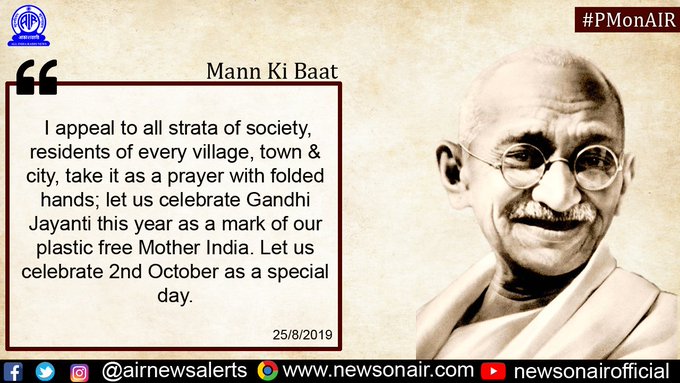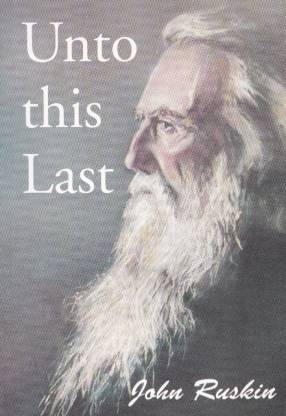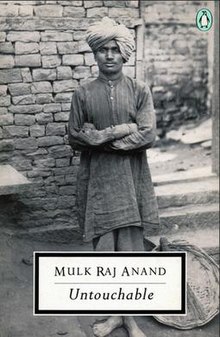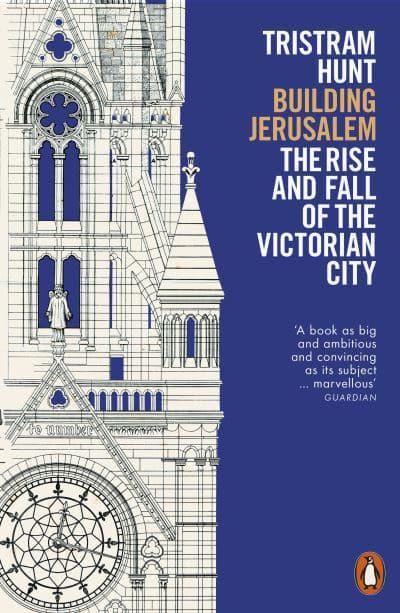Einstein had boarded a plane. He was sitting beside an Indian man. The plane took off, it was going to be a long fly. Einstein felt that he had to do something so he stroke off a conversation with the Indian man. -
E: Let’s play a quiz, if I win you give me Rs 50, if I lose you get 5000 pounds.
Indian man agrees.
E: So, what is the distance between sun and earth?
The man coolly gives away the money and says: I don’t know.
E, very satisfied with himself accepts the prize money and readies himself for the question.
M: Now tell me, What goes up with three legs and comes down with four legs?
Now, there is a frown on Einstein’s forehead. He keeps wondering what could it be. But alas, all the thoughts were in vain. Frustrated, he gives the man 5000 pounds.
The man accepts it gladly and looks outside the window of the plane.
E: WILL YOU TELL ME THE ANSWER?
Man takes out a 50 rupee handing it to Einstein and says : Even I don’t know!
So this is a version that I have heard the characters maybe different likewise.
Giving the first to God:
https://www.youtube.com/watch?v=hKywETrwjqA
In his book Robert Morris "The Blessed Life: Unlocking the Rewards of Generous Living" tells that it was the First lings that was offered by Abel is accepted by God and not the offerings from Cain, could be because he might not not have given the First fruits to God.
Why Should Christians Give?
As believers should not think like an unbeliever. Say for example, If I get my salary credited into my bank account. I should not feel and tell that it is my money, my hard work, etc though all of these is also part of the salary, First we need to acknowledge that "Life is a gift from God", I did not create myself, My Time is again a gift from God, the opportunity to work in an organization, the skill, the health and energy, everything is a gift of God, this view is so much important for both "Stewardship and Generosity".
Generosity:
Jesus looked at the offerings, compared offerings and appreciated the right offerings.
Luke 21:1-4 New King James Version (NKJV)
The Widow’s Two Mites
21 And He looked up and saw the rich putting their gifts into the treasury, 2 and He saw also a certain poor widow putting in two mites.[a] 3 So He said, “Truly I say to you that this poor widow has put in more than all; 4 for all these out of their abundance have put in offerings [b]for God, but she out of her poverty put in all the livelihood that she had.”
Financial Stewardship
According to a study from 2015, Christians hold the largest amount of wealth (55% of the total world wealth), followed by Muslims (5.0%), Hindus (3.3%), and Jews (1.1%).
Abhijit Banerjee who won a Nobel Prize for his works on the Poor gave the possible solutions from an economist point of view.

Poor Economics lays out a middle ground between purely market-based solutions to global poverty, versus "grand development plans." It rejects broad generalizations and formulaic thinking. Instead, the authors help to understand how the poor really think and make decisions on such matters as education, healthcare, savings, entrepreneurship, and a variety of other issues. They advocate the use of observation, using rigorous randomized controlled testing on five continents, and most importantly by actually listening to what the poor have to say. Often the answers are startling and counter-intuitive, but make the utmost sense when circumstances are understood. In addition, the universal traps of Ignorance, Ideology, and Inertia often stymie policies and institutions, but may be avoided.
From this empirical approach, the authors believe that the best strategies for eradicating poverty can emerge. However, they resist laying out a broad set of conclusions. Instead they draw some simple yet powerful lessons, and believe that small changes can have big effects. The authors conclude on the optimistic note that we are all part of the solution.
Ashraya East - Money Matters
We had in our Church - Ashraya East a program for anyone who wants to know how to manage money. Pastor emphasized on the fact that it is not only the management, but first of all the spiritual aspect of money that matters.
1 Timothy 6:10 (NIV)
For the love of money is a root of all kinds of evil. Some people, eager for money, have wandered from the faith and pierced themselves with many griefs.
We should look at Jesus for the Stewardship and not humans, we need to pray to overcome the temptations of various kinds in money, which will lead us to become a slave for money (If you only bow down and serve me
Worldviews and Money:
Today's society and worldview says, "The man who is born blind, in poverty, in difficulty with finances and money" etc is due to his karma, so we should not help, develop and support these set of people. But Christian worldview is "God created everyone equally", "God values people", "Financial blessings is a Gift from God", "Stewardship and being Generous is a character of a Christian".
E: Let’s play a quiz, if I win you give me Rs 50, if I lose you get 5000 pounds.
Indian man agrees.
E: So, what is the distance between sun and earth?
The man coolly gives away the money and says: I don’t know.
E, very satisfied with himself accepts the prize money and readies himself for the question.
M: Now tell me, What goes up with three legs and comes down with four legs?
Now, there is a frown on Einstein’s forehead. He keeps wondering what could it be. But alas, all the thoughts were in vain. Frustrated, he gives the man 5000 pounds.
The man accepts it gladly and looks outside the window of the plane.
E: WILL YOU TELL ME THE ANSWER?
Man takes out a 50 rupee handing it to Einstein and says : Even I don’t know!
So this is a version that I have heard the characters maybe different likewise.
Giving the first to God:
https://www.youtube.com/watch?v=hKywETrwjqA
In his book Robert Morris "The Blessed Life: Unlocking the Rewards of Generous Living" tells that it was the First lings that was offered by Abel is accepted by God and not the offerings from Cain, could be because he might not not have given the First fruits to God.
Why Should Christians Give?
As believers should not think like an unbeliever. Say for example, If I get my salary credited into my bank account. I should not feel and tell that it is my money, my hard work, etc though all of these is also part of the salary, First we need to acknowledge that "Life is a gift from God", I did not create myself, My Time is again a gift from God, the opportunity to work in an organization, the skill, the health and energy, everything is a gift of God, this view is so much important for both "Stewardship and Generosity".
Generosity:
Jesus looked at the offerings, compared offerings and appreciated the right offerings.
Luke 21:1-4 New King James Version (NKJV)
The Widow’s Two Mites
21 And He looked up and saw the rich putting their gifts into the treasury, 2 and He saw also a certain poor widow putting in two mites.[a] 3 So He said, “Truly I say to you that this poor widow has put in more than all; 4 for all these out of their abundance have put in offerings [b]for God, but she out of her poverty put in all the livelihood that she had.”
Financial Stewardship
According to a study from 2015, Christians hold the largest amount of wealth (55% of the total world wealth), followed by Muslims (5.0%), Hindus (3.3%), and Jews (1.1%).
Abhijit Banerjee who won a Nobel Prize for his works on the Poor gave the possible solutions from an economist point of view.

Poor Economics lays out a middle ground between purely market-based solutions to global poverty, versus "grand development plans." It rejects broad generalizations and formulaic thinking. Instead, the authors help to understand how the poor really think and make decisions on such matters as education, healthcare, savings, entrepreneurship, and a variety of other issues. They advocate the use of observation, using rigorous randomized controlled testing on five continents, and most importantly by actually listening to what the poor have to say. Often the answers are startling and counter-intuitive, but make the utmost sense when circumstances are understood. In addition, the universal traps of Ignorance, Ideology, and Inertia often stymie policies and institutions, but may be avoided.
From this empirical approach, the authors believe that the best strategies for eradicating poverty can emerge. However, they resist laying out a broad set of conclusions. Instead they draw some simple yet powerful lessons, and believe that small changes can have big effects. The authors conclude on the optimistic note that we are all part of the solution.
Ashraya East - Money Matters
We had in our Church - Ashraya East a program for anyone who wants to know how to manage money. Pastor emphasized on the fact that it is not only the management, but first of all the spiritual aspect of money that matters.
1 Timothy 6:10 (NIV)
For the love of money is a root of all kinds of evil. Some people, eager for money, have wandered from the faith and pierced themselves with many griefs.
We should look at Jesus for the Stewardship and not humans, we need to pray to overcome the temptations of various kinds in money, which will lead us to become a slave for money (If you only bow down and serve me
Worldviews and Money:
Today's society and worldview says, "The man who is born blind, in poverty, in difficulty with finances and money" etc is due to his karma, so we should not help, develop and support these set of people. But Christian worldview is "God created everyone equally", "God values people", "Financial blessings is a Gift from God", "Stewardship and being Generous is a character of a Christian".













